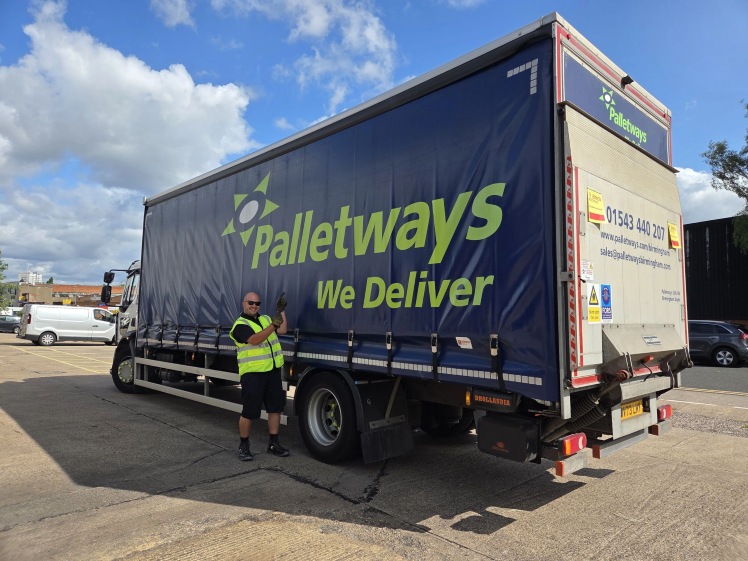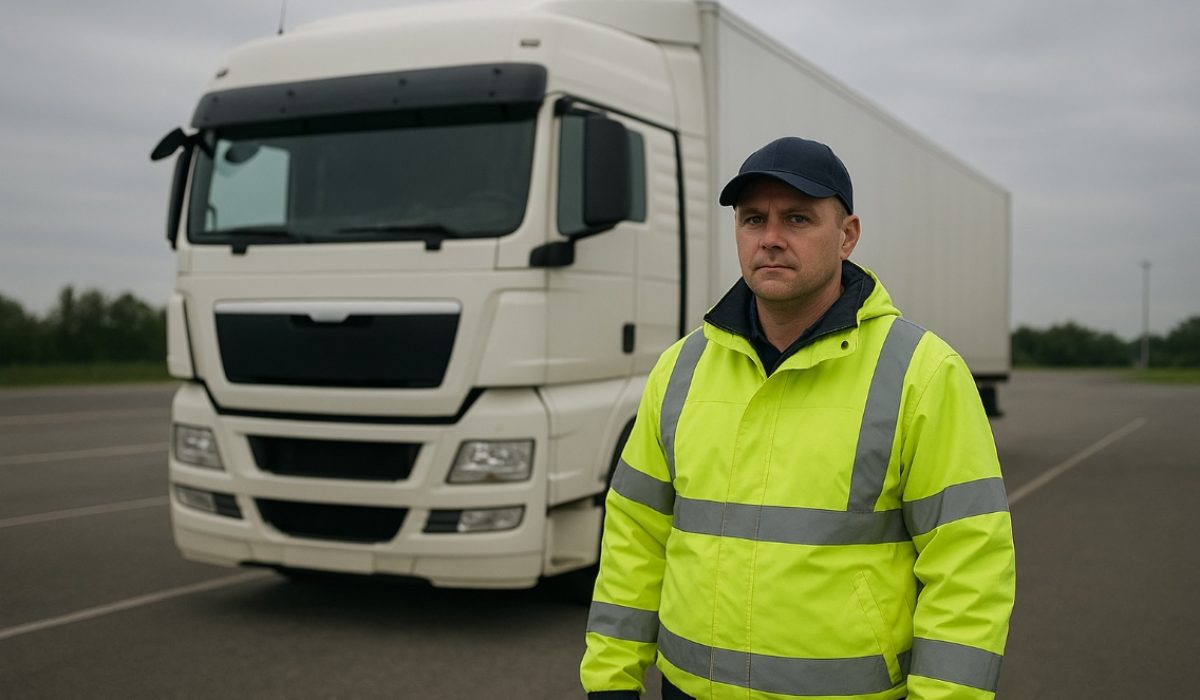The UK faces a growing HGV shortage that threatens the efficiency of palletised freight and wider supply chains. While recruitment often dominates headlines, the challenge also lies in retaining experienced drivers in an industry where working conditions, pay, and recognition have failed to keep pace with demand.
A looming crisis for palletised freight
According to the Road Haulage Association (RHA), the UK logistics sector needs 40,000 new HGV drivers every year over the next five years. 200,000 additional drivers is the estimated number required to avoid repeating the 2021 crisis. Without sufficient drivers, supply chains, especially those relying on palletised freight, face serious disruption.
Only 2.2% of HGV drivers are under 24. In contrast, 55% are aged between 50 and 65, with the average driver now around 51 years old. These figures highlight the urgent need to attract younger talent before retirements widen the gap.
Businesses say the top reasons for vacancies are better pay elsewhere, drivers leaving the industry entirely, and retirements.
What is going wrong with retention
Driver feedback consistently highlights poor working conditions as the main reason people leave the industry, and why many potential recruits never start. Long 15-hour shifts mean little time at home and almost no chance of balancing family life, making the role unattractive to younger generations who value flexibility and work-life balance.
On the road, basic facilities are often inadequate. Toilets at service stations are sometimes locked or unhygienic, and overnight parking areas can feel unsafe. HGV cargo theft is also on the rise in the UK, with hundreds of millions worth of products hitting the illegal market each year. This creates an environment where drivers don’t feel respected, supported, or safe, despite their critical role in keeping goods moving.
The issue extends beyond rest stops. At delivery and collection points, drivers report being forced to wait unpaid for hours, particularly at large retailers and supermarkets. These delays not only waste valuable time but also reduce earning potential and add to the stress of meeting delivery schedules.
Meanwhile, the financial rewards rarely match the demands of the job. Pay rises are typically modest and lag behind the rising cost of living, even as workloads grow heavier. Layered on top of this is the growing use of telematics systems that monitor drivers’ every move. While intended to improve safety and efficiency, many drivers view them as a form of intrusive surveillance that undermines trust and autonomy.
Together, these factors paint a picture of a profession where long hours, poor facilities, limited financial progression, and a lack of respect continue to drive people out of the industry faster than they can be replaced.

What drivers really want and what the industry needs to deliver
To transform the sector and secure the future of palletised freight, change must focus on the following:
- Fair, differentiated pay that rewards skill and sacrifice
- Realistic working hours and safe, hygienic rest facilities
- Fully funded training to remove the £3,000 entry barrier
- Accountability from retailers who cause costly waiting times
- Recognition that HGV driving is critical national infrastructure
Industry groups such as the RHA also recommend more flexible training funded through the Growth and Skills Levy and outreach to schools and colleges to attract younger workers.
Why this matters for Palletways
Palletised freight is the backbone of modern supply chains. In 2024, more than a quarter of all road freight journeys involved palletised goods. Any shortage of HGV drivers directly disrupts goods movement, delivery timelines, capacity, and ultimately customer satisfaction.
Palletways is powered by its member network; independent logistics companies across the UK and Europe that employ thousands of HGV drivers. These drivers are the frontline of palletised freight delivery, ensuring goods reach businesses and consumers reliably every day. Protecting, supporting, and retaining this workforce is essential to the stability of the entire network.
Summary
Without meaningful action, the driver shortfall could reach 200,000 by 2030, putting critical palletised freight networks under strain. Solving the crisis requires more than new entrants; it demands better pay structures, safer rest facilities, funded training, and recognition of drivers as vital to the UK economy. By championing these changes, Palletways and the wider logistics sector can safeguard supply chains and secure the future of reliable pallet delivery.
The current HGV driver shortage begs the question; what is the future of palletised freight? Click the link to find out more about the outlook for the next decade.


